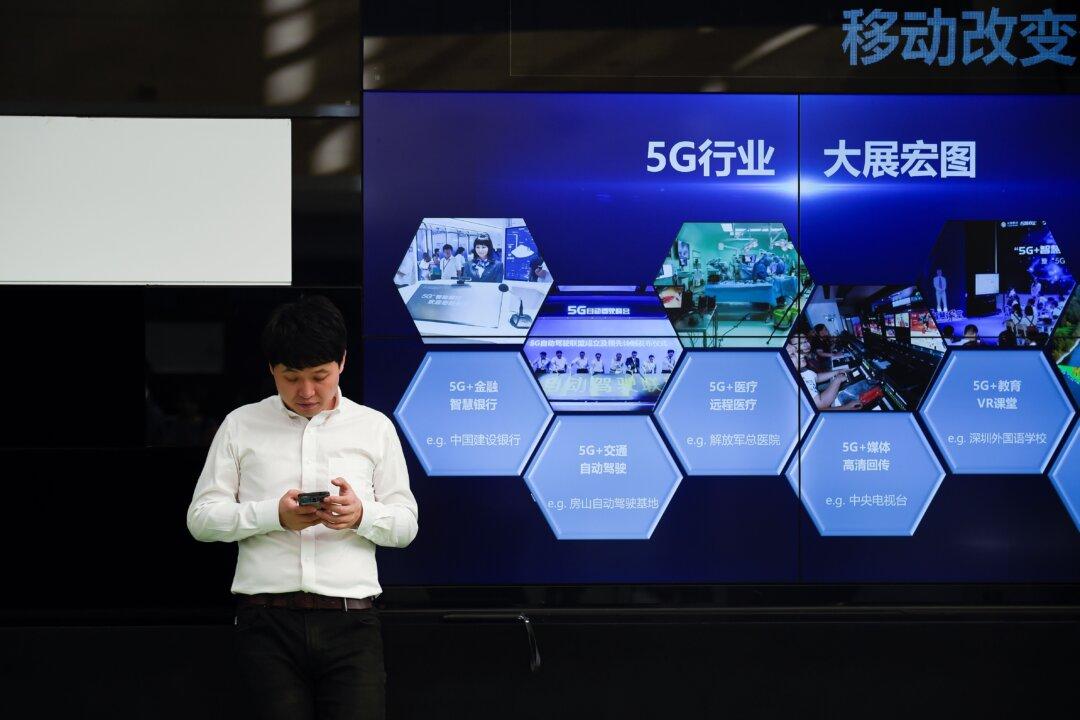WASHINGTON—The U.S. government is “very concerned” about China’s new cybersecurity measures that put American companies at risk of losing sensitive data.
Beijing enacted in October 2019 a cryptography law that came into effect on Jan. 1. The new legislation, combined with comprehensive cybersecurity measures China has been passing in the past several years, creates a suite of challenges for foreign companies operating in the country.





